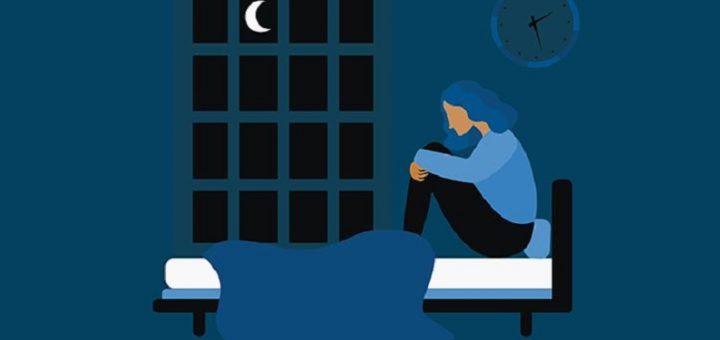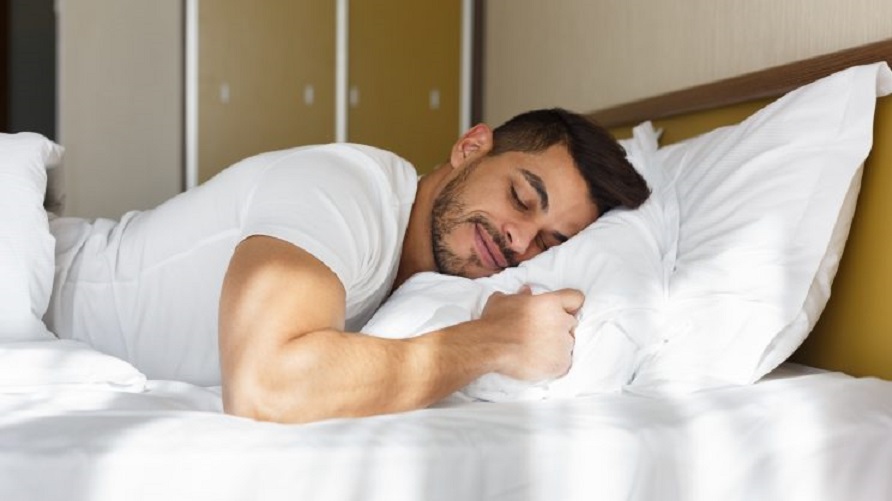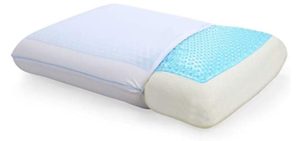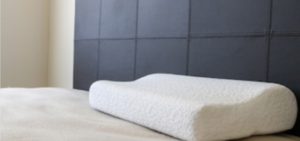There is no doubt that sleep is crucial in maintaining your overall health and well being, and most importantly, keeping you alive and in good health.
Sleep forms a life depending on a crucial part of our daily lives, and not getting proper sleep can affect your health, mood and cause many challenges.
Many factors can interfere with a good night’s rest. That is why it is important to know How to Sleep Better and get better sleep quality.
Better quality sleep means getting a solid and uninterrupted six to eight hours of sleep a day.

Why You Need Proper Rest
Before we carry on, let me first explain to you exactly why you need to get proper sleep daily;
- Better Productivity and Concentration – Proper sleep improves your brain function and cognitive abilities, as well as providing better overall concentration. Sleep deprivation directly affects cognitive abilities and concentration levels, making you less alert.
- Lower Weight Gain Risk – Several studies have linked increased weight gain to short and poor sleep patterns. A lack of sleep also affects your desire to maintain a healthy lifestyle and exercise and increase your appetite and cravings for sugary and carbohydrate-rich foods.
- Greater Athletic Performance – Getting a sufficient amount of sleep daily will improve your athletic performance. Getting a good size to eight hours of sleep helps your body heal and recuperate from strenuous workouts, increase your energy levels, and improve mental health.
- Lower Risk of Heart Diseas – Getting adequate rest helps lower your blood pressure, which is one of the main reasons behind heart disease and heart attacks.
- Better Social and Emotional Intelligence – Sleep has a link to your social and emotional intelligence and allows you to better respond to emotional stimuli. Your emotional empathy decreases when you lack sleep, and you may not fully recognize people’s emotions or expressions.
- Preventing Depression – We have already established the direct link between sleep and mental health. That said, a lack of sleep will cause and aggravated depression and anxiety levels. People with insomnia are also more likely to suffer from depression.

- Lower Inflammation – Adequate sleep improves your health and reduces inflammation levels in your body. Sleep deprivation can actually contribute to certain diseases causing inflammation.
- Stronger Immune System – Proper sleep will help to repair, regenerate, and recover your body, as well as improve your immune system’s ability to fight off infections.
What Are the Factors Affecting Your Sleep
Two factors will have a major effect on the quality of your sleep, namely, Internal Factors and External Factors;

- Internal Factors – Internal factors refer to the internal state of your body. Things like cramps, aches, pains, and uncomfortable sleeping positions can keep you tossing and turning all night. Then there is also stress and stress-related issues, such as anxiety and depression, which may cause you to overthink and rev up adrenalin levels that prevent you from falling asleep and staying asleep.
- External Factors – These are all outside factors that influence you in a way that interferes with your sleep. Caffeine and certain medications may have an adverse effect that keeps you awake. Lights, televisions, and screens will prevent you from falling asleep or getting proper rest. Feeling insecure, unsafe, or ill at ease in your sleeping environment may also cause a lack of sleep. Then there are also temperature issues, too hot or cold, which may interrupt sleep.
Some Tips on Getting Better Sleep
Lastly, I would like to give you a few very helpful tips that will improve your sleep quality and also help you to fall asleep easily and stay asleep;

- Sleep Schedule – Set aside no more than eight hours or less than six hours for sleeping and keep to a specific schedule and time for sleeping and waking up. Your body gets used to a certain time of sleeping and waking up almost like an internal clock, so it helps to have a bedtime and morning routine.
- Pay Attention to What You Eat and Drink – Es[ecailly what you eat and drink before going to bed. Do not go to bed hungry or overfull. Nicotine, alcohol, and caffeine should be avoided before sleeping. Caffeine and Nicotine take hours before wearing off and may keep you awake. Alcohol makes you feel sleepy at first but will disrupt your sleep.
- Create a Calm Environment – A cool, quiet, and darkroom are the best environment for sleeping; light-emitting screens for prolonged exposure and sharp lights or noises may keep you awake and interrupt your sleep. Try to take a relaxing bath before going to bed it meditate for a few minutes to get into a calm state. Th e attempt here is to get your mind clear of worry and your heart rate down.
- Limit Day Time Naps – It’s as easy as that. If you sleep during the day, you may not sleep at night. So keep day time naps no longer than 30 minutes.
- Excercise – Exercises and physical activities during the day will improve your quality of sleep and help you fall asleep easily. Keep in mind not to perform very strenuous activities right before bedtime, which may increase your heart rate.
- Less Stress – Significant is to try and solve worries before bedtime and implement procedures to relieve stress and anxiety, as these are the main culprits for sleeplessness. Stress and anxiety are seen as the biggest cause of most insomnia.
If none of these tips helped you and you still have chronic insomnia, or with more serious sleep issues, it is ell advised to seek a medical doctor or physician to look at underlying issues and maybe prescribe something that will help.
In Conclusion
As you can see, it is absolutely crucial to your physical and mental health and your emotional well-being to get proper sleep.
It would help if you got into a proper sleep routine.
Reducing certain external factors and improving your sleep quality to reduce internal factors can help a great deal get better rest.
Getting good sleep will keep you healthy, happy, and emotionally stable in the long run.
Table of Contents










